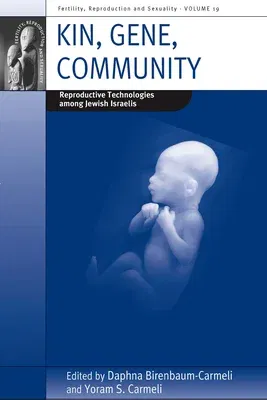Kin, Gene, Community: Reproductive Technologies Among Jewish IsraelisHardcover, 1 July 2010

Qty
1
Turbo
Ships in 2 - 3 days
In Stock
Free Delivery
Cash on Delivery
15 Days
Free Returns
Secure Checkout

Part of Series
Fertility, Reproduction and Sexuality: Social and Cultural P
Part of Series
Fertility, Reproduction and Sexuality
Print Length
344 pages
Language
English
Publisher
Berghahn Books
Date Published
1 Jul 2010
ISBN-10
1845456882
ISBN-13
9781845456887
Description
Product Details
Book Format:
Hardcover
Country of Origin:
US
Date Published:
1 July 2010
Dimensions:
23.39 x
15.6 x
2.24 cm
Genre:
Jewish Studies
ISBN-10:
1845456882
ISBN-13:
9781845456887
Language:
English
Location:
New York, NY
Pages:
344
Publisher:
Series:
Weight:
707.6 gm